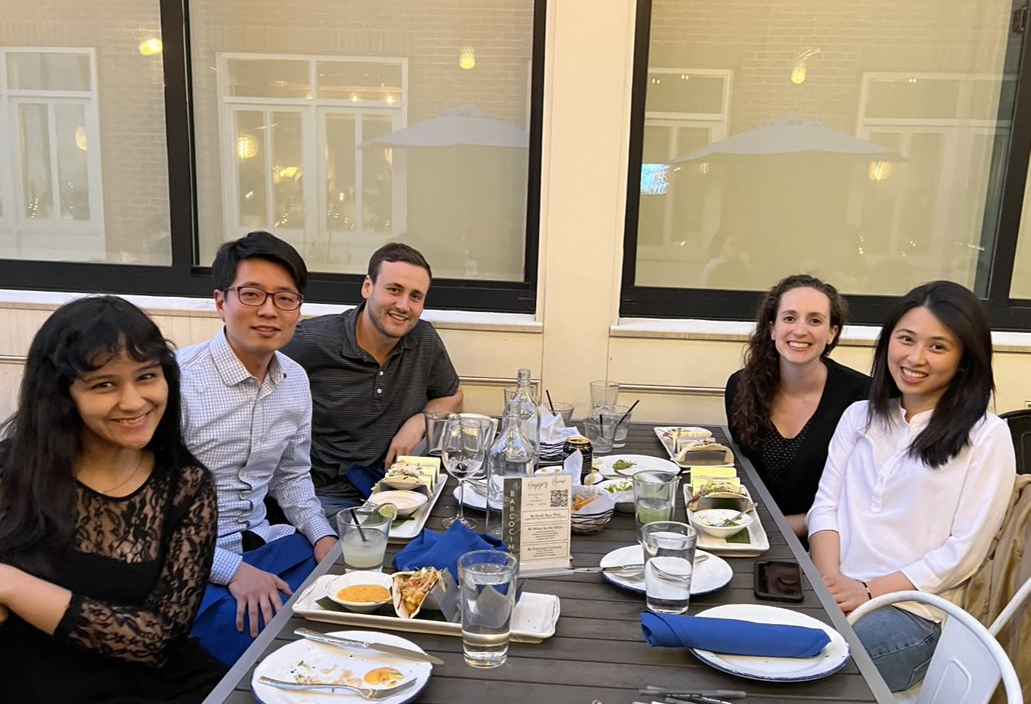
HBHI Graduate Institute Inaugural 2022 Cohort
HBHI Graduate Institute alumni are a leading force behind innovation in the business of health. Meet the featured alumni below. Their titles showcase where they headed after program completion.
Curry Cheek, MD, MBA, MPH ’23
Resident Physician, Occupational and Environmental Medicine Residency Program, Johns Hopkins Bloomberg School of Public Health
Hometown: Washington, DC
HBHI mentor: Dan Polsky, PhD

I joined the occupational and environmental medicine residency program at Johns Hopkins Bloomberg School of Public Health to prevent and treat occupational and environmental injuries and illnesses. I applied for the HBHI Graduate Institute to take advantage of my training and experiences in investment banking, medicine, research, and public health and to work with others to advance the business of health. I helped develop webinars to advance the interdisciplinary work of HBHI and I learned more about the collaborative process for policy recommendations, research development, and funding.
Erin Connolly, MSPH ’23
Senior Policy Consultant, Aurrera Health Group
Hometown: Vernon, CT
HBHI mentor: Matthew Eisenberg, PhD
Favorite spot in Baltimore: Biking by the harbor and brunch at Miss Shirley’s
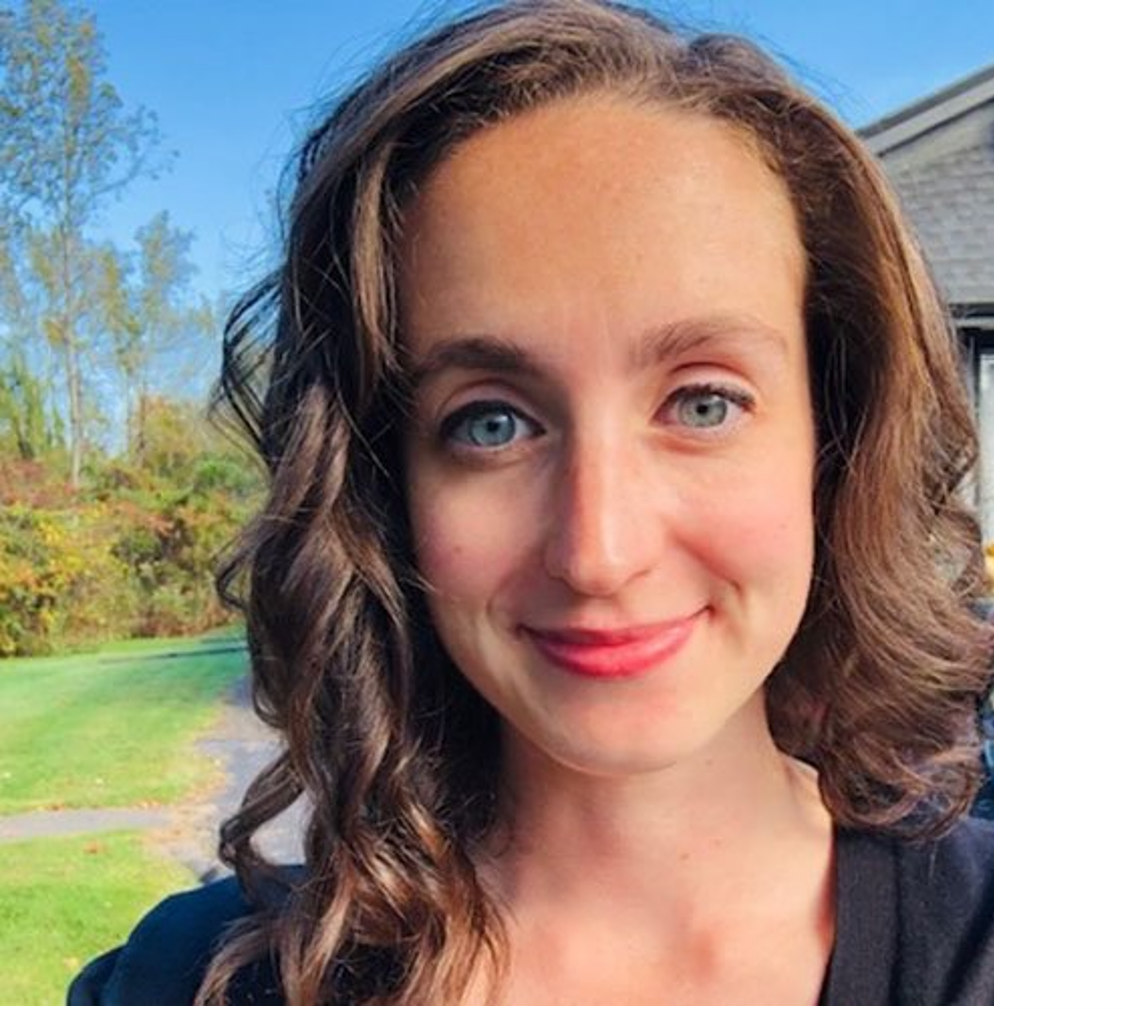
I joined the MSPH in health policy graduate program at Hopkins because I wanted to help make the healthcare system more efficient and easier for patients to navigate. That’s the reason why the HBHI Graduate Institute sounded so interesting to me. HBHI’s mission is to improve health systems by integrating research, practice, and policy insights. During the program, I loved meeting the other members of my cohort and learning from the talented faculty that lead HBHI. The connections I’ve made through HBHI are invaluable and I’m grateful to continue to take part in this program’s network long after I graduate.
Sam Cox, MSPH ’23
Fellow, Massachusetts Health Policy Commission
Hometown: Falmouth, MA
HBHI mentor: Joseph Levy, PhD
Advice for incoming graduate students: Remember your time here isn’t just about the courses, but about all the rest that Hopkins has to offer beyond the classroom.
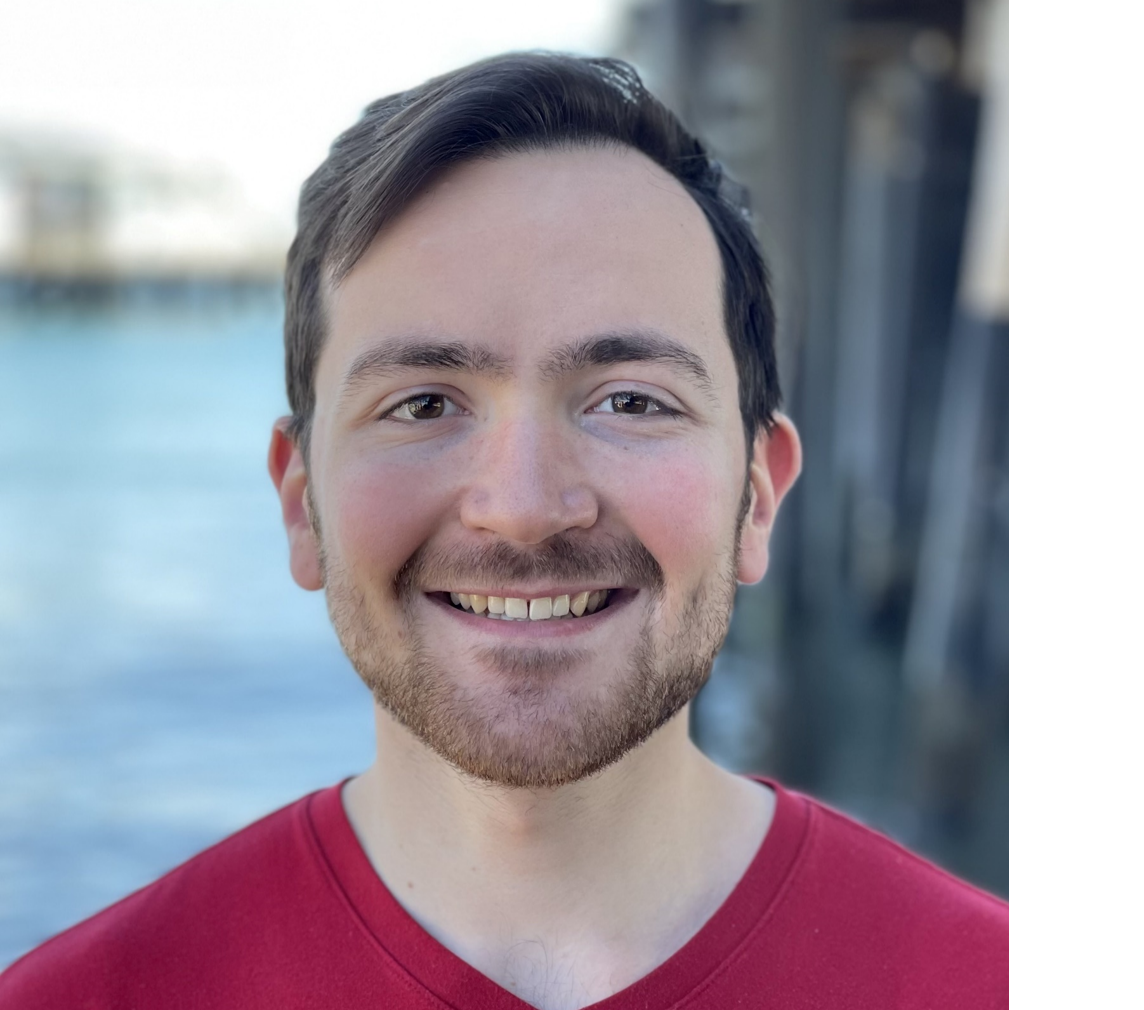
As an undergraduate, my interest in health policy grew, and I knew it was where I wanted to focus my career. The health policy MSPH program at Johns Hopkins seemed like the clear choice to me: it aligned with my interests and had faculty who worked closely with CMS as well as Maryland state bodies like the HSCRC. My overarching goals are to help shape policy that improves health outcomes while containing spending, and the HBHI Graduate Institute seemed to encompass the economic, healthcare, and policy-related aspects of this goal. During my time with the HBHI Graduate Institute, I had the opportunity to learn about the unique Maryland payment model, discover several healthcare data sources that exist for health policy researchers to use, and contribute to the analysis of state hospital datasets. Perhaps most importantly, I met some great people within the Institute who I’ll remain connected with long past the fellowship’s end. My time at HBHI, and graduate school in general, has given me insight into the wide array of avenues that can be used to shape health policy at both federal and state levels and the importance of working with colleagues across disciplines.
Brendon Frankel, MPH ’22
Fellow, Office of Youth and Trauma Services at Baltimore City Health Department
Hometown: Charleston, South Carolina
HBHI mentor: Brian Miller, MD, MBA, MPH
Favorite spot in Baltimore: Patterson Park
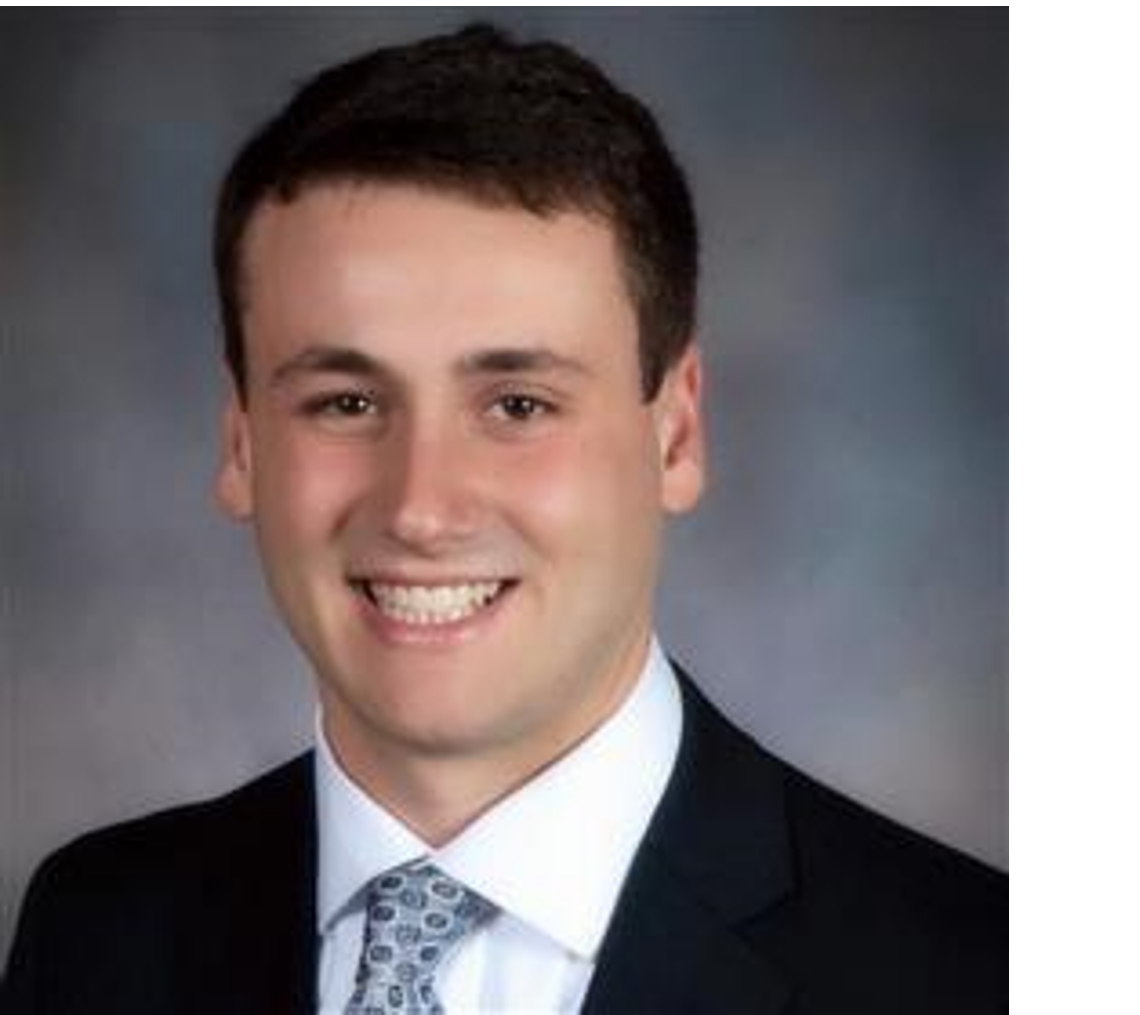
My exploration of the healthcare industry through several years in management consulting and another year-plus at a healthcare startup drove me toward an interest in public health and devoting my time to helping achieve the greatest health improvements for the greatest number of people. To maximize this impact, we should have input and collaboration across the public and private sectors as well as partnerships in academia, which is what drove me to apply to the HBHI Graduate Institute. The program helped me gain a better understanding of all the great work, and the future potential, of collaborations across Hopkins. I am so excited to remain a part of this program and see what future students help contribute to it!
Ria Golecha, MPH ’22
Associate Consultant in Commercial & Advisory Strategy, Syneos Health
Hometown: Jaipur, Rajasthan, India
Mentor: Jodi Segal, MD, MPH
Favorite Hopkins memory: I am the first girl from my family to pursue a degree in the US. I pinched myself the moment I entered Sommer Hall and met my class for the first time. The dream I had nurtured for years suddenly looked (and felt) real!

I am 25 years old and while I think I have my whole life ahead of me, these modern times of pandemic, potential global wars, clashes against humanity can be very unnerving and scary. The role of public health in such unsettling times and the idea of Paul Farmer – that all lives have equal value – is central to me. Through my nonprofit’s work in India, when a puppeteer earned money for his family’s two square meals via our puppet shows on health-related themes, that feeling made me the happiest. Education can be a game changer and can bridge gaps, however, there are so many people in the world who do not have access to the quality of education here at Johns Hopkins. In my career that lies ahead of me, I aspire to walk the talk and create institutions which decrease this inequity gap. The HBHI program opened a window of opportunities for me in terms of networking and engaging with the nation’s leading experts in medicine, business, and public health. HBHI will continue to inspire me to chase causes that will result in positive action and real impact.
Daniel J. Kim, MPH ‘22
Data Integration Specialist, Adventist HealthCare
Hometown: Pohang, South Korea
Mentor: Michael Darden, PhD
Advice for incoming graduate students: Hopkins has no shortage of talented students and faculty members, but it is also a very big place. If you are a part-time student like myself, I would look for ways to be on the Baltimore campus as much as you can.
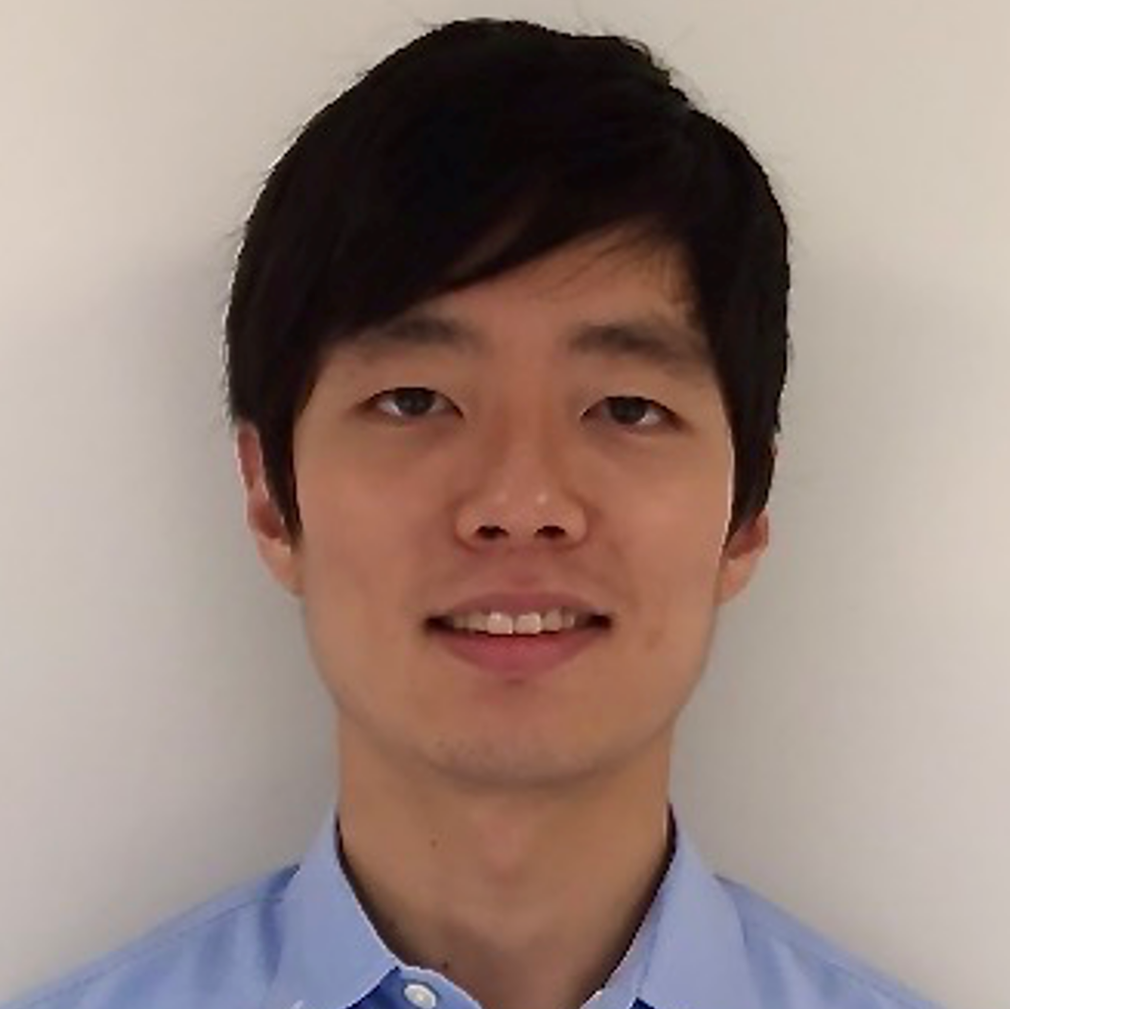
Having worked with so many healthcare practitioners and administrators during my professional journey, I realized that I would benefit greatly from a graduate degree, and I wanted to expand my knowledge in population health. As my interest in healthcare grew around improving quality and reducing the total cost of care, I wanted to better understand how business and healthcare intersects, and I was naturally drawn to the HBHI Graduate Institute. During the Institute, I participated in various workgroups and seminars. I also had an opportunity to get connected to and work closely with my mentor, Dr. Michael Darden. I was able to see first-hand how a workgroup embarked on a new project and evolved over time through a collaboration between experts with institutional knowledge and healthcare economists. I have gained greater understanding about healthcare economics through the program, and I hope that I can continue to develop skills and knowledge that are required to transform healthcare organizations that I am a part of.
Daphne Lu, MBA/MPH ’23
Healthcare Delivery Leadership Program Operations and Analytics Intern, Amwell
Hometown: Vancouver, British Columbia, Canada
Mentor: Tinglong Dai, PhD
Advice for incoming graduate students: Have fun! Hopkins is full of incredible people, opportunities, and courses. Seize the opportunity to explore and try something new.
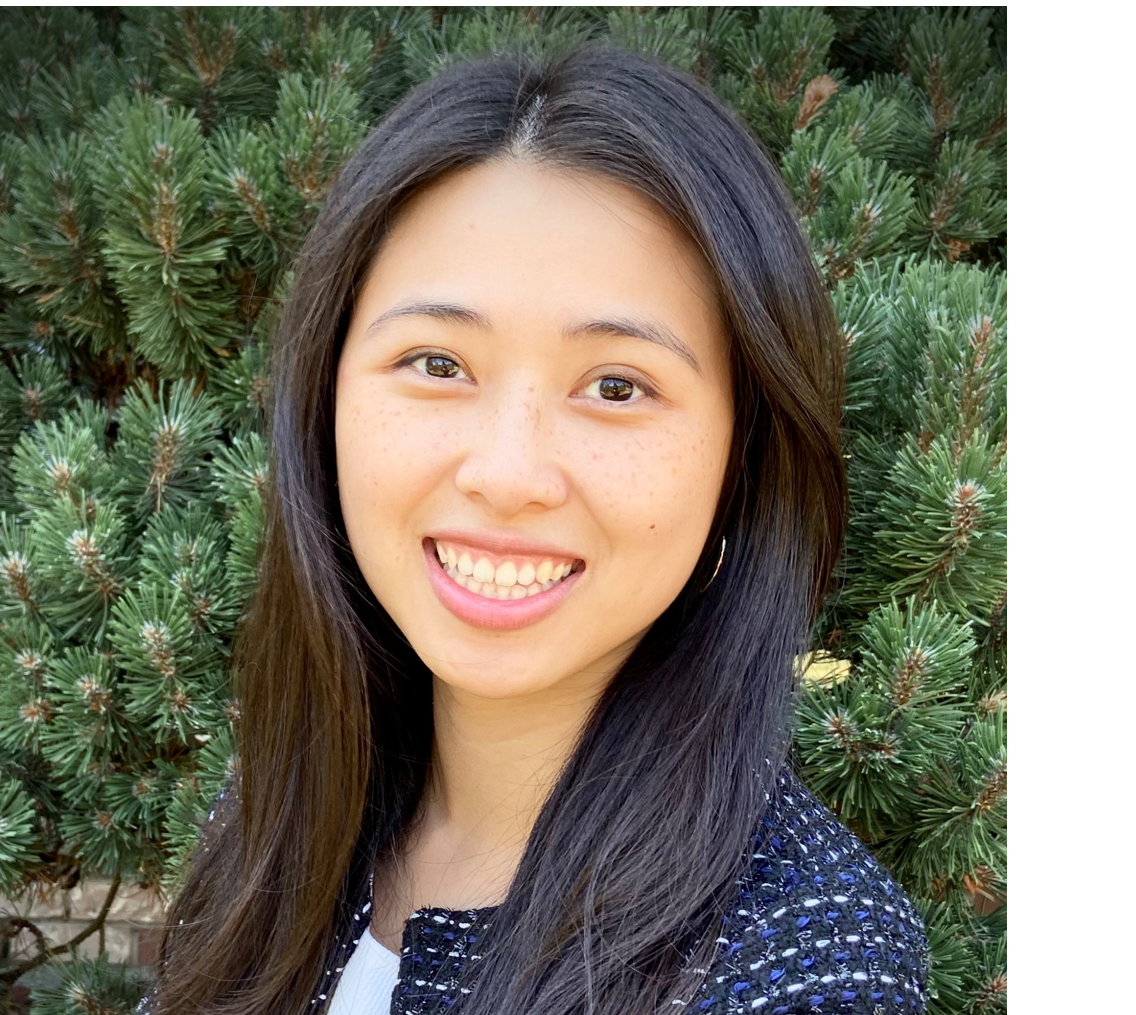
I joined the HBHI Graduate Institute to help improve health systems by deepening my understanding of the business of health. As a general surgery resident pursuing the dual-degree MPH/MBA at Johns Hopkins, I am guided by a core belief that the future of health care requires the integration of clinical medicine, public health, and business. I discovered early on in my training that what excites me most in medicine is the system level issues that we face in health care delivery. The HBHI Graduate Institute has given me the opportunity to develop a network of thought leaders in these topics. I am grateful to have been mentored by Professor Tinglong Dai with whom I crafted an evidence-based, clinically grounded perspective article on the impact of COVID-19 on the labor shortage of healthcare providers. Written through an operations lens, we address the lack of integration across health care platforms and touch on potential solutions and approaches including the adoption of imperfect AI technologies. This was an incredible opportunity to engage in interdisciplinary dialogue exploring innovative solutions for health care delivery.
